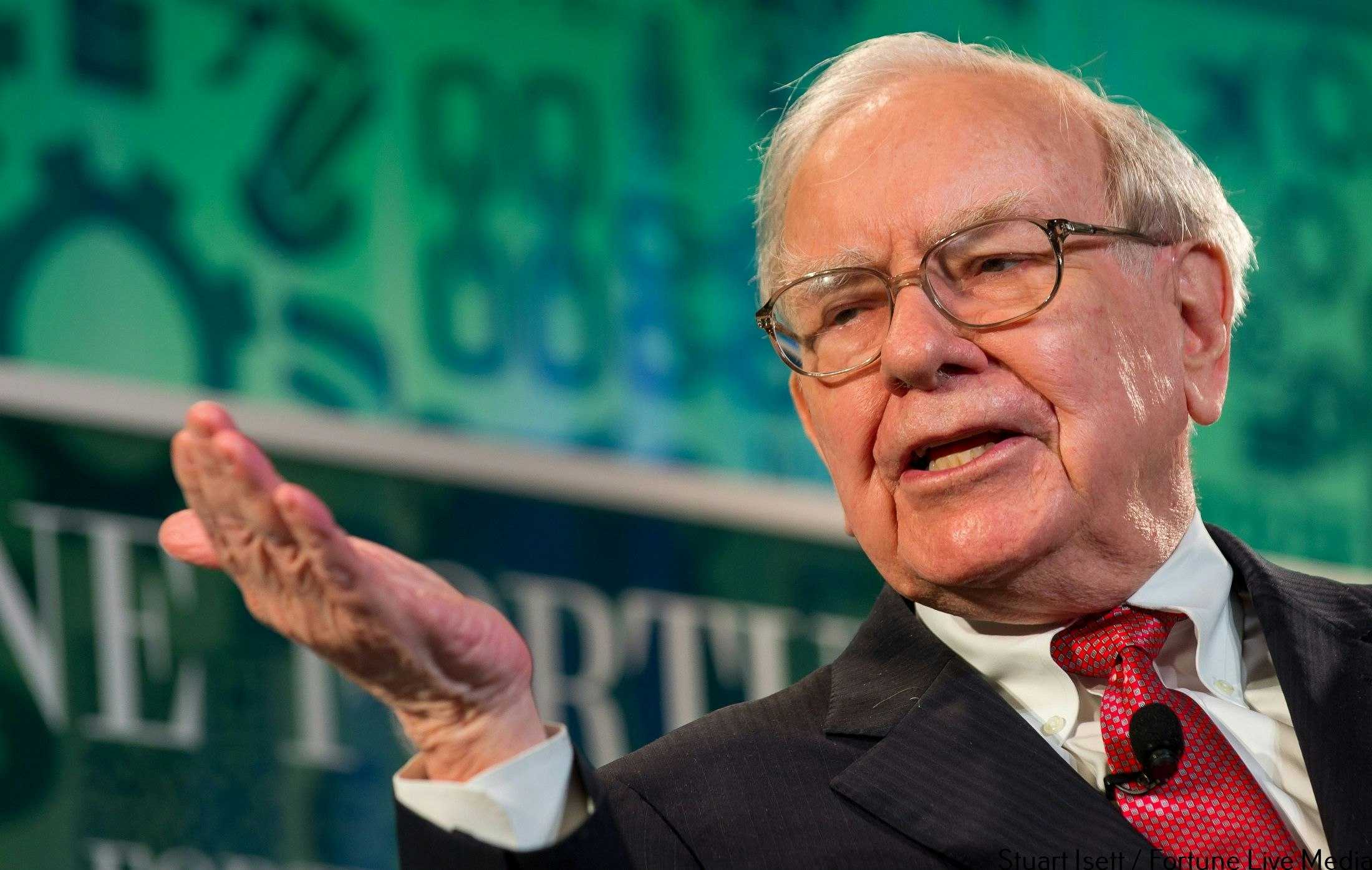Few financial icons have the same clout and renown surrounding them as Warren Buffet does. At 86, the Nebraskan billionaire (estimated net wealth US$66.4 billion) has written bestsellers, wielded an enormous influence over public policy through his support of the Democratic Party, and signed the Gates-Buffet pledge, to which other billionaires like Mark Zuckerberg now belong, which includes a promise to give away at least half their wealth. His philanthropy, style, politics and business career are the subject of enormous fascination in America, and his acute business acumen makes him an inspiring and aspirational figure.
Today, Equitise looks at ten lessons we can learn from Warren Buffett.
1. “Choose companies that are run so well, even an idiot could run them”
There’s a deceptively large amount to unpick in this statement that reveals a lot about Buffett’s investment philosophy. He is famously a supporter of ideas rather than simply backing a company based on an entrepreneur.
2. Reinvest your profits
Looking for reinvestment opportunities has been a habit of Buffett’s from the outset – during college he and a friend bought one pinball machine putting it into a barbershop. They continued to buy more machines with the profits. The profits from the clusters of machines were reinvested into Buffett’s first business – and he was worth $174,000 by age 26, about 1.4 million in 2016
3. Mistakes happen
Buffet has said two interesting statements on the nature of mistakes in the investment game. First, that ‘you only have to do a few things right in this life so long as you don’t do too many things wrong’. Likewise “I’ve made lots of dumb decisions. That’s part of the game.” One such decision involved giving $400 million of his Berkshire stock to a company in the 90’s called Dexter Shoe, which went under. That sum would be equivalent to $400 billion today. But, walking away from a loss is as important as knowing when to pick a winner.
4. A unique attitude to risk
While many entrepreneurs confuse success like Buffett’s with a bold, daring investment approach, this is not always necessarily the case. On this point, Buffett claimed “ I don’t look to jump over seven-foot bars, I look around for one-foot bars I can step over.”
5. Share results are important
When he sends his shareholders letters, Buffett emphasises the importance of share results, comparing the growth in Berkshire’s book value per share to the performance of the S&P 500. Buffett opts to grow earnings in aggregate, not opting to reduce them through dilution on a per share basis.
6. Buffett does not play the market
Buffett does not invest in stocks, but in businesses – while most investors play the market, without an understanding of the underlying business. He is not obsessed with market quotations, stating that initially “with two small investments I thought only of what the properties would produce and cared not at all about their daily valuations.”
7. Reputation is key
The oft-quoted statement “It takes 20 years to build a reputation and 5 minutes to ruin it. If you think about that, you’ll do things differently”, comes from Buffett himself. He prides himself on personal relationships – he plays bridge four times a week with the same group, which includes Bill Gates sometimes, and started as a paperboy for the Washington Post (he is now on the board of directors), and initiated the aforementioned giving pledge. These individual characteristics combine to make reputation – and it’s something Buffett clearly cultivates.
8. Develop your own tone of voice
A fear of public speaking is not the first trait that comes to mind when you think of an entrepreneur, but Buffett suffered strongly from this affliction at the beginning of his career. Knowing he would have to surmount it to succeed, he enrolled in a public speaking course taught by Dale Carnegie – today he has become renowned for his inspirational and witty speeches that he gives to young entrepreneurs.
9. Know the specifics
As a cautionary tale about doing your background research, Buffett tells of how, as a child, he agreed to dig out the family grocery store for his grandfather, spending hours in a blizzard doing so – upon completion, his grandfather paid him 90 cents for each hour. From then he has always understood the importance of understanding the specifics of a deal, bargaining leverage, stating: "I am a better investor because I am a businessman, and a better businessman because I am an investor."
10. Be frugal
Evidently Buffett does not need to be ‘frugal’ in the strictest sense of the word owing to his stature as one of the wealthiest men in the world, but this does not prevent him from maintaining a certain kind of lifestyle and abiding by a less excessive mindset than many of his billionaire counterparts. He has said “if you buy the things you do not need, you will have to sell the things you need’, and this morsel of advice extends to investments also. Buffett lives in the same house he bought when he was 28, and has always aimed to avoid waste and instead concentrate on building on what he needs for the future.
